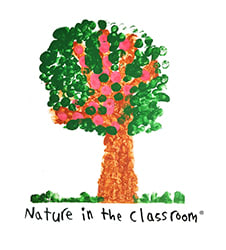Dive Brief:
- Supporting gifted students in rural schools requires some creativity from both administrations and educators, and online classes can help expand what students can study, as well, reports Education Week.
- The experience can be lonely, as there is very little opportunity for social interaction and not all schools have the bandwidth to actually support web-based courses — but getting specialized teachers to visit small schools or even apply is also tough, as educators rarely teach one course and are instead expected to teach multiple subjects because of budget constraints.
- In Alaska, a summer college program through the University of Alaska Fairbanks offers some students a chance to earn up to 11 credits, but funding is now threatened due to a state-wide recession forcing cutbacks to programs like this and others.
Dive Insight:
Rural school districts face unique problems when educating students. While teachers want to support students wherever they are on their learning path, meeting every learner’s needs is difficult when there are fewer resources and teachers with specific skill sets such as advanced math or coding knowledge.
There are many online courses for curriculum designers to tap into for students — some that are even free, like Duolingo for language learning or Codecademy for coding. But that does little to help the 9,400 schools, or 6.5 million students, who still don’t have access to the minimum bandwidth speed needed to support digital classes, according to Education SuperHighway.
Training teachers on staff may be another option. The program BetterLesson offers professional development specifically for educators in rural schools through the National Rural Education Association. The classes are done through video conferencing, which does require a robust internet connection. Still, free lesson plans online, for subjects from high school engineering to social studies, may be easier to access and give teachers and administrators a place to start.











